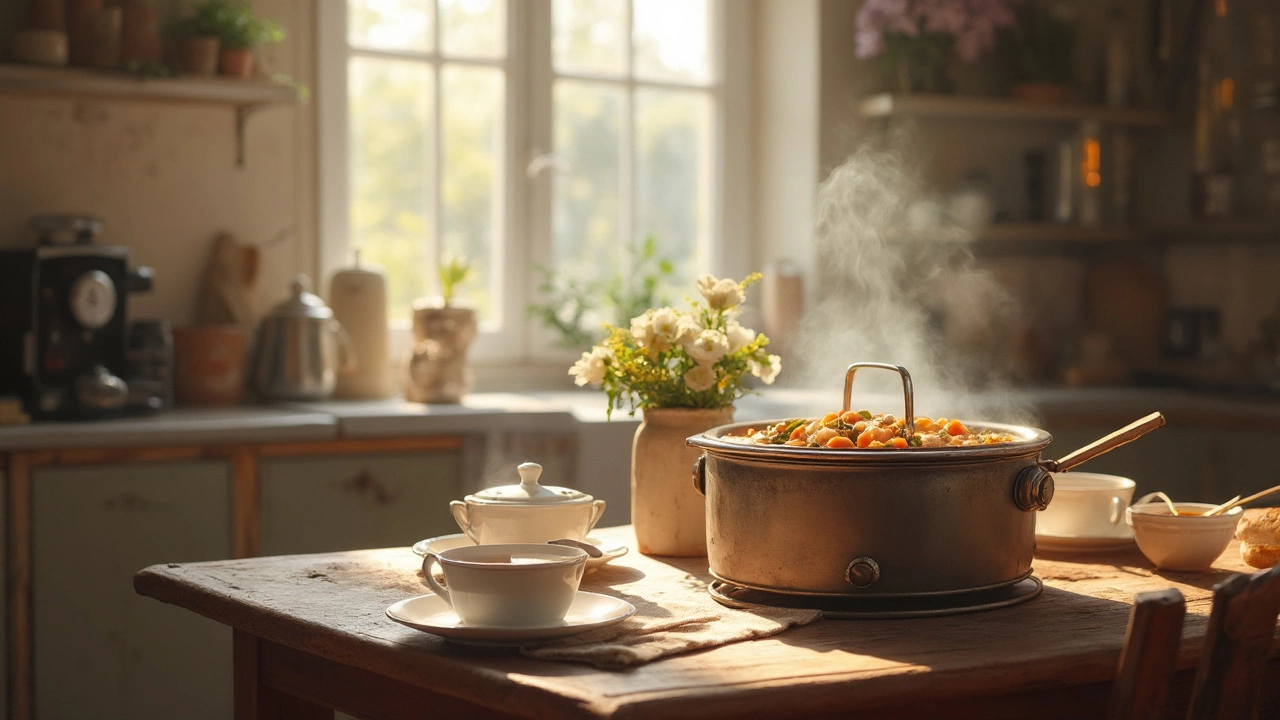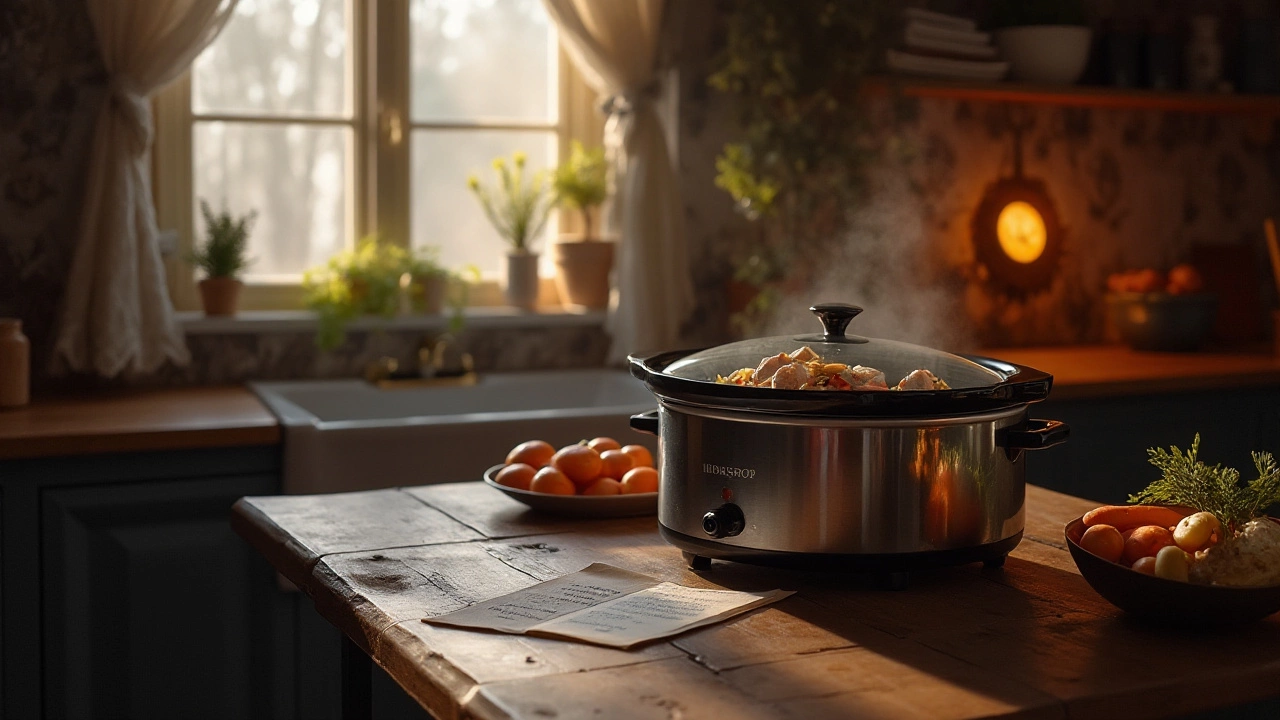Overnight Cooking Made Simple
Ever wish dinner could just appear while you sleep? Overnight cooking does exactly that. You set it up before bed, let the heat or the fridge do the work, and wake up to a hot plate or a ready‑to‑eat dish. No more last‑minute scramble, no more ordering takeout.
Cooking overnight saves time, cuts stress, and often makes food taste better. Low and slow heat breaks down tough fibers, so stews, chilies, and braised meats come out melt‑in‑your‑mouth tender. Meanwhile, a cold‑room method like marinating or soaking lets flavors sink in without any heat at all.
Safety is the first rule. Always follow your appliance’s guidelines – most slow cookers can run 8‑12 hours on low without overheating. Keep the lid on, and never leave a pot on the stove unattended. If you’re using the fridge for overnight prep, make sure the temperature stays below 40°F (4°C) to keep anything perishable safe.
Planning is the secret sauce. A quick glance at your week’s schedule tells you which meals need to be ready early. Write down the ingredients, set out the equipment, and do any chopping before you hit the sack. A little prep work means the overnight stage runs smooth and you avoid a messy morning.
Top Overnight Recipes
1. Slow‑Cooker Beef Chili – Brown 1 lb of ground beef, toss in a can of beans, diced tomatoes, chili powder, and a splash of broth. Cook on low for 8 hours. By dinner time you’ve got a hearty bowl that’s perfect with rice or crusty bread.
2. Overnight Oats – Mix equal parts rolled oats and milk (or plant‑based milk), add a spoonful of yogurt, a drizzle of honey, and berries. Refrigerate overnight and enjoy a grab‑and‑go breakfast.
3. Marinated Chicken Thighs – Combine soy sauce, garlic, ginger, and a bit of honey. Coat the chicken, cover, and let it sit in the fridge overnight. In the morning, pop it on the grill or bake for a savory dinner.
4. No‑Bake Energy Balls – Blend dates, nuts, cocoa powder, and a pinch of sea salt. Form into balls and chill. They’re ready to snack straight from the fridge.
5. Overnight Tomato Soup – Blend canned tomatoes, vegetable broth, basil, and a splash of cream. Let it sit in the fridge, then heat gently before serving. The flavors meld beautifully.
Quick Tips to Perfect Your Overnight Cooking
• Use the right size pot. Too big and the liquid evaporates too fast; too small and it can boil over.
• Layer ingredients wisely. Denser items (root veggies, meat) go at the bottom, light ones (leafy greens) on top.
• Don’t over‑season. Herbs and spices intensify during long cooks, so start with a little and adjust at the end.
• Set a timer. Even low‑heat appliances can run out of fuel or over‑cook if left too long.
• Prep the night before. Chop veggies, measure spices, and have everything ready to toss in the pot. This makes the bedtime routine quick and painless.
With these basics, overnight cooking becomes a reliable tool in your kitchen. You’ll waste less time, eat more home‑made meals, and probably discover new flavor combos you never tried before. Give it a try tomorrow night – set up a simple recipe, go to sleep, and enjoy the surprise when you open the lid in the morning.
Can I Sleep With the Slow Cooker On? A Handy Guide for Peaceful Nights

Dorian Hawthorne
Feb, 28 2025Is It Safe to Leave Your Slow Cooker On Overnight? Tips and Tricks Included



